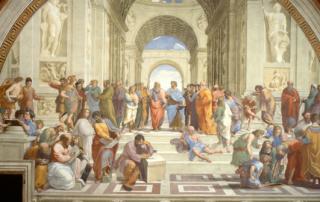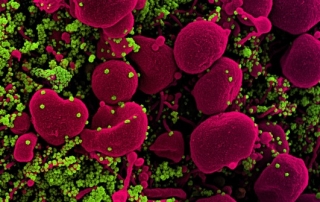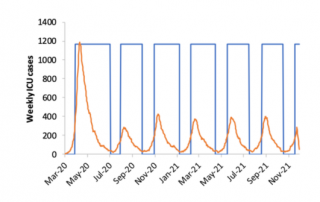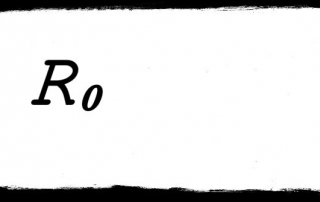Why is animal consciousness controversial? Talking to my inner sceptic
Many researchers now agree that animal consciousness is more common than once believed. One of the leading animal sentience researchers is LSE Philosophy Professor Jonathan Birch. His research is often met with scepticism from inside and outside the Philosophy world. However, he sometimes is a reasonable sceptic himself. In our latest blog post, Jonathan Birch gives insights into his inner […]












Connect with us
Facebook
Twitter
Youtube
Flickr